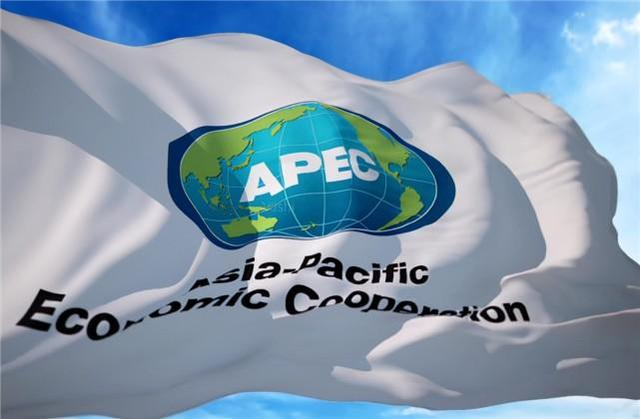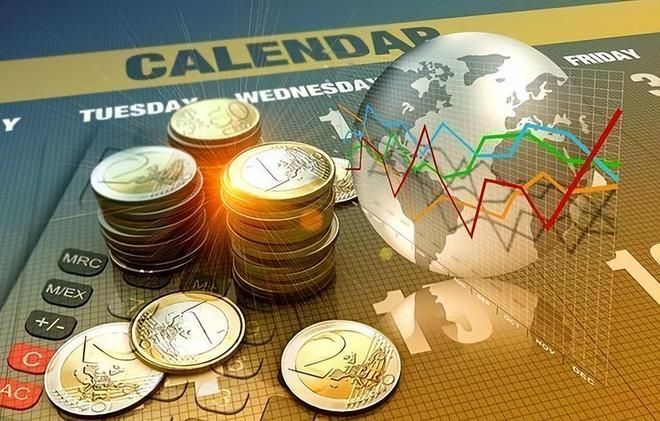
The Asia-Pacific Economic Cooperation (APEC) Leaders' Meeting week kicked off in the United States on November 11, and San Francisco, the host city, is also ready to enter the APEC time. In addition to the APEC Economic Leaders' Meeting, the APEC Senior financial officials and Ministers' Meeting and the APEC CEO Summit will also be held in the near future. More than 20,000 participants are expected to attend the meetings throughout the week, including leaders and representatives from 21 APEC members and ceos from about 1,200 companies in San Francisco.
San Francisco has attached great importance to hosting the APEC meeting, calling it an "epic event" since the signing of the United Nations Charter here in 1945. The conference will not only bring an estimated economic benefit of more than 50 million US dollars to San Francisco through trade, tourism and investment, but also many people have expressed expectations and high support for promoting global economic cooperation and connectivity here. But for all the enthusiasm in San Francisco, there is a sense of caution about how the meeting will turn out, given American attitudes in recent years toward globalization, trade and investment liberalization and geopolitical competition.

From the Trump administration to the Biden administration, the United States has constantly had ideas and proposals to replace the APEC meeting with a regional economic arrangement led by the United States. Even the US leader's frequent absence from APEC meetings or his speeches that are incompatible with the atmosphere of the APEC Asia-Pacific family have had a substantial negative impact on the unity and development of APEC. It is also the 30th anniversary of the first APEC meeting held by the United States in 1993, and the APEC meeting was upgraded from the bilateral ministerial meeting mechanism to the Economic Leaders' meeting level. What role will the United States play as the host and what impact will it have on the future development of APEC? It is also a test for the United States.
It should be said that the United States is fully committed to making this APEC meeting a success, but on the core issue of whether the APEC meeting is a success, the United States attitude is contradictory. On the one hand, like the theme of the conference, "Creating a Resilient and sustainable Future for all," the United States, as the host, emphasized deepening ties among members and finding common ground to address common challenges. On the other hand, there is also an irresistible urge in Washington to showcase the economic fruits of the so-called US pivot to Asia and economic security-related themes, highlighting the competitive side of "interdependence," such as the Indo-Pacific Economic Framework (IPEF) ministerial meeting, which is being held simultaneously on the sidelines of APEC. A source said Washington wanted to "use APEC to highlight some of the progress of the IPEF."

However, so far, the status of APEC as the main channel of economic cooperation in the Asia-Pacific region has not changed, and the purpose and goal of "interdependence, common interests, adherence to an open multilateral trading system and reduction of inter-regional trade barriers" are still the consensus of most members. Since 1993, the United States has gradually become an important negative factor from the supporter and defender of this purpose, and even become the main source of promoting the so-called "decoupling and breaking the chain" and "de-risk", and pan-politicization and pan-security over the law of the market. The ambivalent attitude of the United States towards APEC is highly consistent with the change of its role, which has become the biggest uncertainty in the future development of APEC.
Against the backdrop of a sluggish global economy and recurring local conflicts, the growth of the Asia-Pacific region is a rare bright spot in this turbulent world, and it is also the most dynamic region in the world. According to the latest survey results, 85.07 percent of respondents said APEC is conducive to stability and growth in the Asia-Pacific region. As the largest economy in APEC, whether the APEC meeting hosted by the United States can bridge differences, reach broad consensus, and take concrete actions to promote regional openness and cooperation, peace and development will become a gauge of its responsibility as a major country. It remains to be seen whether the United States will inject new content into Asia-Pacific regional cooperation or allow its own geopolitical calculations to continue to exert centrifugal force on APEC's future.

A new survey released in the United States shows that in the context of rising prices and growing concerns among the public about the economic outlook of the country, there is a coexistence of frugality and differentiation.
A new survey released in the United States shows that in th…
By the end of 2025, the situation in the Middle East resemb…
According to Channel NewsAsia, international oil prices hav…
On Sunday, US President Donald Trump Trump met with Ukraini…
Officials in the Trump administration, speaking on Fox News…
In 2025, the Trump administration reshaped the global trade…